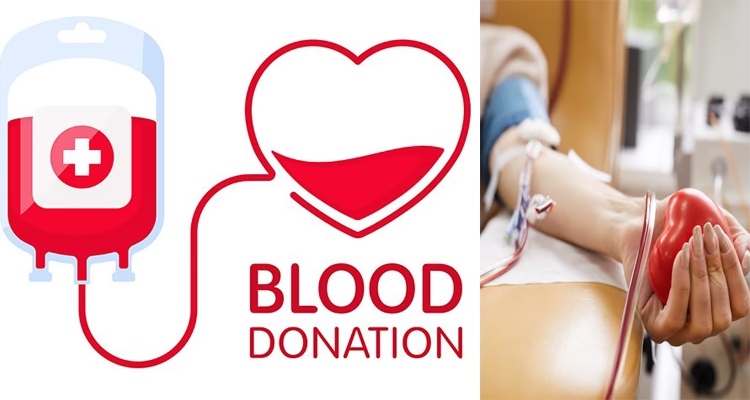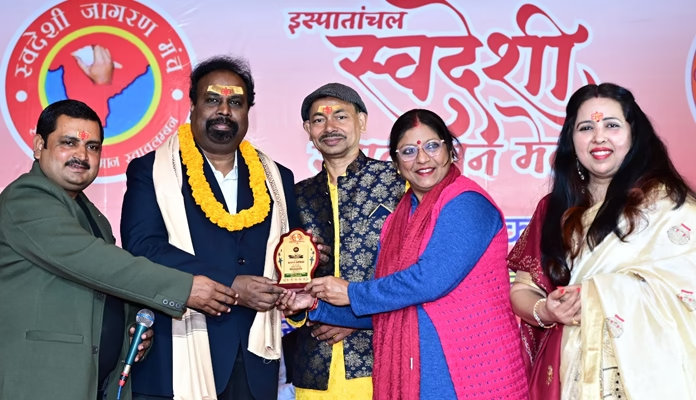
Ranchi: In the aftermath of the Chaibasa blood transfusion tragedy, where five thalassemic children were reportedly given HIV-infected blood, the Jharkhand government has announced a statewide blood donation campaign aimed at restoring public confidence and strengthening the state’s blood safety system.
The campaign, scheduled from November 12 to 28, will coincide with Jharkhand’s 25th Foundation Day celebrations. Officials said the initiative seeks to rebuild the state’s blood reserves, tackle the severe shortage triggered by the closure of unsafe blood banks, and raise awareness about voluntary and safe blood donation.
Blood Crisis After Crackdown
After the Chaibasa incident sparked public outrage and intervention by the Jharkhand High Court, the state Health Department conducted surprise inspections across blood banks. Several facilities were found violating safety standards and subsequently shut down, deepening the ongoing blood shortage.
To address the crisis, the department has roped in district administrations, NGOs, and civil society groups for a mass voluntary blood donation drive across all districts.
“This campaign is not just symbolic — it’s about saving lives,” said Neha Arora, Special Secretary, Health Department, during a virtual meeting with district officials. “Jharkhand is celebrating its silver jubilee, and we want to mark it with a meaningful initiative that ensures safe blood reaches those in need.”
Statewide Camps from November 12
Blood donation camps will be organized in every district between November 12 and 28, with Civil Surgeons, DPROs, and volunteers leading local arrangements. District-level teams have been asked to ensure participation of public representatives, including MPs, MLAs, and Zila Parishad members, to inspire public involvement.
Arora also instructed officials to design district-wise schedules, intensify media outreach, and work closely with organizations such as the Lions Club and Chamber of Commerce to mobilize donors.
Safety and Transparency First
Following the HIV scare, the Health Department has issued strict directions to ensure complete transparency in the collection and screening of blood. All donors and recipients will be registered, and blood samples will undergo mandatory testing under national safety protocols.
Officials have been told to map potential donor zones, set up help desks, and ensure accurate public information about donation venues and timings.
“This is just the beginning,” Arora said. “No one should ever lose their life because of a lack of safe blood. This campaign will be the foundation of a stronger, self-reliant blood safety network in Jharkhand.”
Officials from all districts, including Civil Surgeons, DPROs, blood bank staff, and senior Health Department officers, attended the review meeting to finalise preparations for the upcoming drive.




